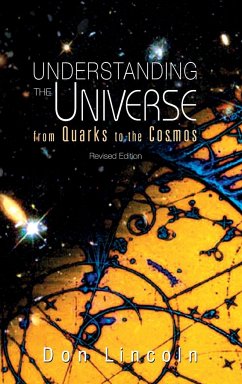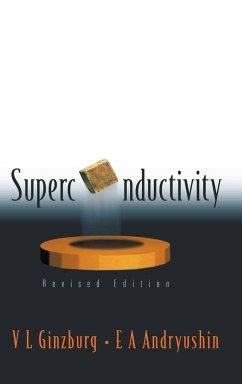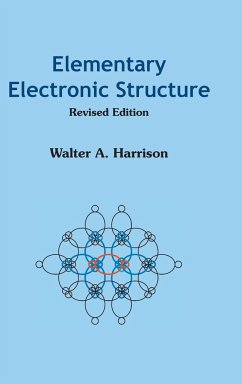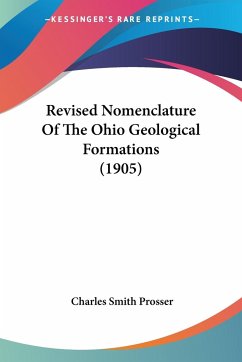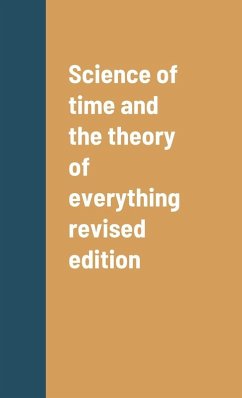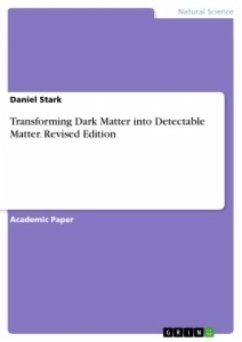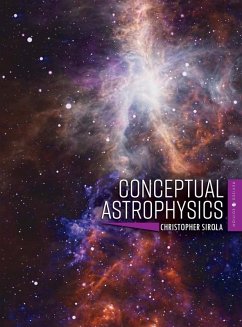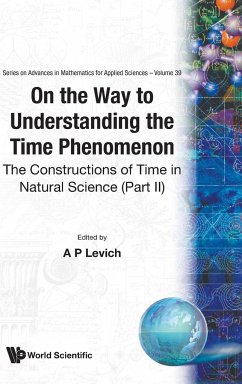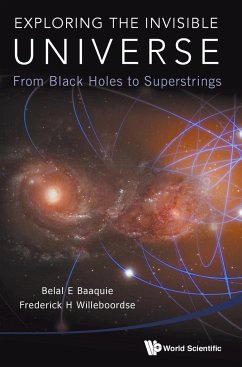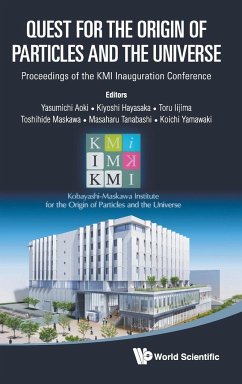
UNDERSTANDING THE UNIVERSE (REVISED ED)

PAYBACK Punkte
36 °P sammeln!
The Big Bang, the birth of the universe, was a singular event. All of the matter of the universe was concentrated at a single point, with temperatures so high that even the familiar protons and neutrons of atoms did not yet exist, but rather were replaced by a swirling maelstrom of energy, matter and antimatter. Exotic quarks and leptons flickered briefly into existence, before merging back into the energy sea. This book explains the fascinating world of quarks and leptons and the forces that govern their behavior. Told from an experimental physicist's perspective, it forgoes mathematical comp...
The Big Bang, the birth of the universe, was a singular event. All of the matter of the universe was concentrated at a single point, with temperatures so high that even the familiar protons and neutrons of atoms did not yet exist, but rather were replaced by a swirling maelstrom of energy, matter and antimatter. Exotic quarks and leptons flickered briefly into existence, before merging back into the energy sea. This book explains the fascinating world of quarks and leptons and the forces that govern their behavior. Told from an experimental physicist's perspective, it forgoes mathematical complexity, using instead particularly accessible figures and apt analogies. In addition to the story of quarks and leptons, which are regarded as well-accepted fact, the author (who is a leading researcher at one of the world's highest energy particle physics laboratories) also discusses mysteries at both the experimental and theoretical frontiers, before tying it all together with the exciting field of cosmology and indeed the birth of the universe itself. The text spans the tiny world of the quark to the depths of the universe with breathtaking clarity. The casual student of science will appreciate the careful distinction between what is known (quarks, leptons and antimatter), what is suspected (Higgs bosons, neutrino oscillations and the reason why the universe has so little antimatter) and what is merely dreamed (supersymmetry, superstrings and extra dimensions). Included is an unprecedented chapter explaining the accelerators and detectors of modern particle physics experiments. The chapter discussing the hunt for the Higgs boson currently consuming the efforts of nearly 6000 physicists reveals drama that only big-stakes science can give. Understanding the Universe leaves the reader with a deep appreciation of the fascinating particle realm and reverence for just how much it determines the rich beauty of our universe. Since the release of the first edition, the landscape has changed. The venerable Fermilab Tevatron has ceased operations after a quarter century of extraordinary performance, to be replaced by the CERN Large Hadron Collider, an accelerator with a design energy of seven times greater than the Tevatron and a collision rate of nearly a billion collisions per second. The next few years promise to be very exciting as scientists explore this new realm. This second edition of Understanding the Universe will leave the reader with a deep appreciation of just why physicists are so excited.





